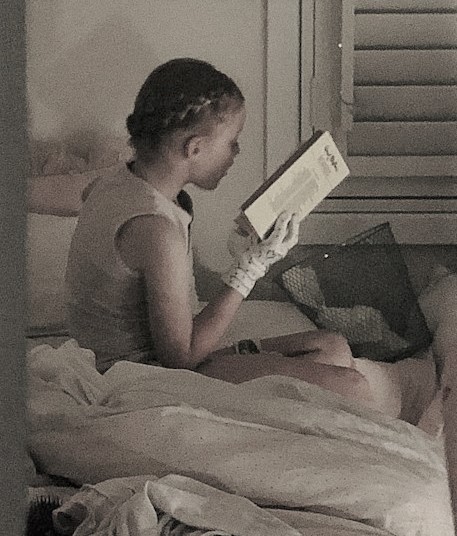Maintaining the motivation to succeed – it takes a village.
I once brought an online maths tutoring programme for my daughter. Even in primary school, she was motivated enough to ask for tutoring, but we were a busy family and at the time, penny-pinching. Did it work? Not at all!
Why? Well despite the very best of intentions there was no accountability, and amongst our busy life activities, we fell off the wagon. (Thankfully she succeeded in her chosen career without needing advanced maths. However, university study was significantly harder for her when she was faced with hours of tutoring to pass her statistics course.) I have since apologised for my parenting fail!
When someone young (or old) embarks on a new project, it requires obvious effort and will-power however the ultimate success is determined by many factors. The presence of a supportive network of family and friends is often called upon and is essential in almost every case to achieve the intended goal. It’s hard going it alone!
Embarking on a myofunctional therapy programme which can be life changing for the participant is no different. The importance of the support crew is essential to great outcomes and especially so in children.
If a child is ready and motivated to give up a dummy or thumb/finger sucking habit, it can be the ‘deal-breaker’ to success if they do not feel fully supported, encouraged and enabled to succeed in their efforts. We see this repeatedly!

One of our little clients prepping for bed and working on her thumbsucking habit. Her mum proudly snapped this pic through the doorway.
As an orofacial myologist, I can motivate, encourage, inspire and guide the individual but it is the surrounding support that enables outstanding results. Yes, enables.
If you are reading this as a parent or caregiver, never underestimate the power of your support. It’s why I give a special letter to my young clients to give to their teachers and extended family…we are relying on them as well!
What are some of the simple tips to help your child succeed?
Walk beside them as they progress through the programme. It can be emotionally challenging in the beginning.
Help them see the exercises as a challenge, not a chore.
Look for and acknowledge the small steps and the improvements you see happening — sleep improvement, more control when eating and drinking or perhaps speech clarity, or not sucking that thumb.
Tell your friends in their earshot how pleased you are with your child’s progress.
Tell them too!
Let me (or any treating therapist) know if you have concerns about the level of motivation- ‘cos often it’s our chats that can make all the difference.
Success in any venture rarely happens without a partnership. So, partner with your child or teen in their myofunctional therapy venture.
Remember, it takes that village!
We are only a phone call away if you need a chat!
Face to face and telehealth options are available.
